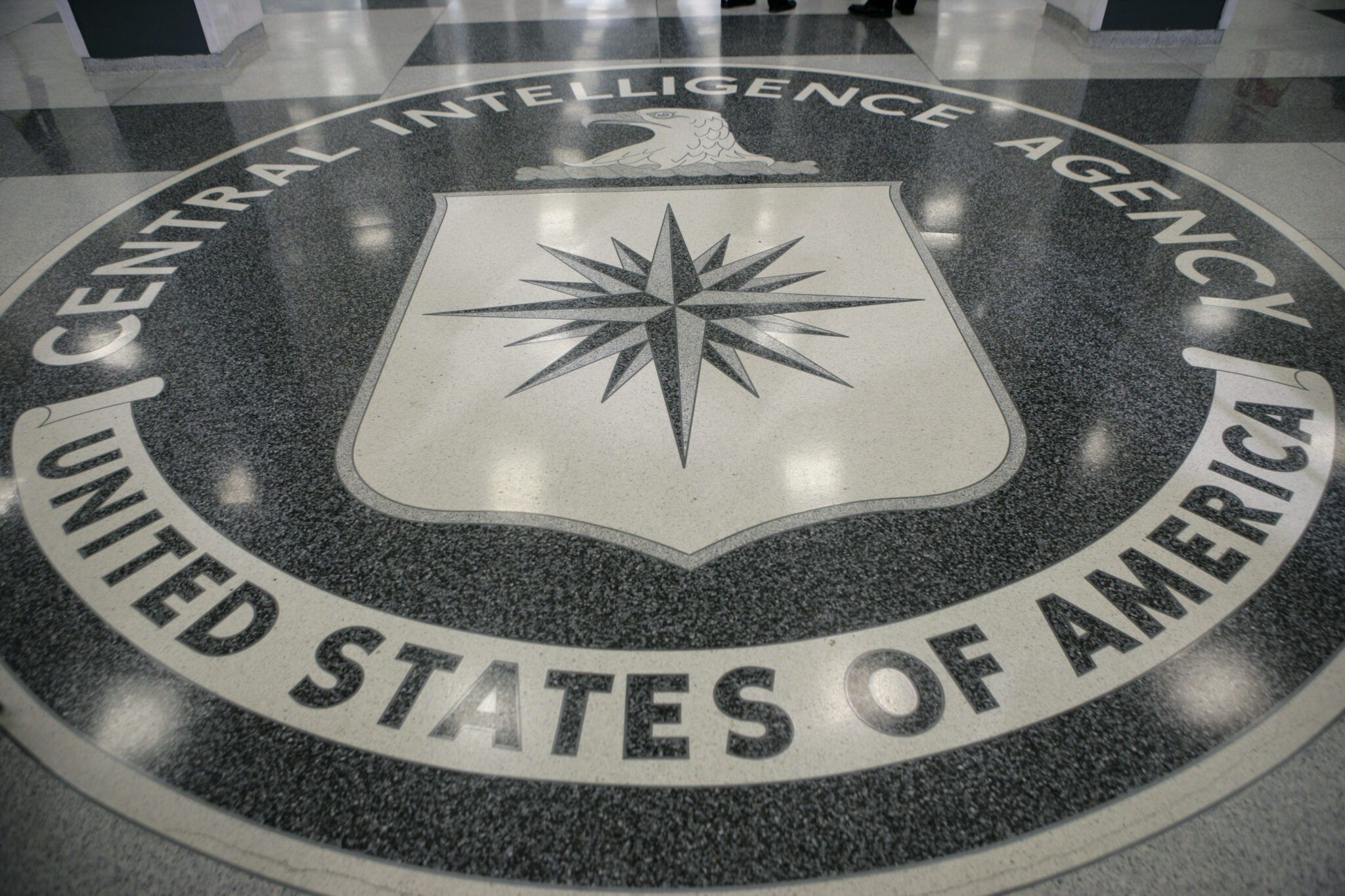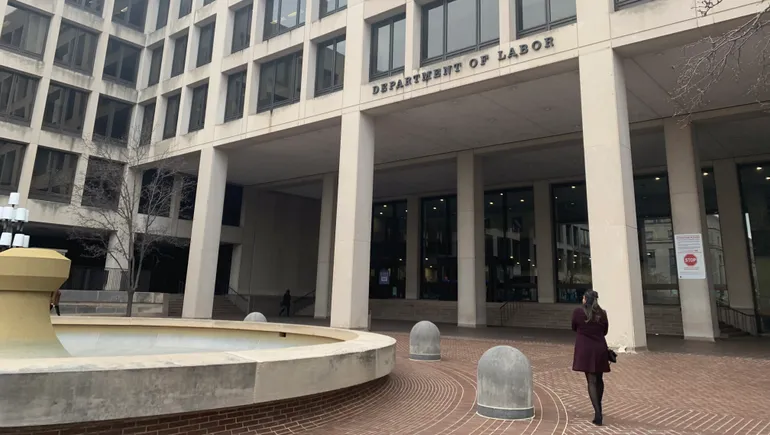CIPHER BRIEF REPORTING — As any good intelligence officer will tell you, recruiting spies is a tough business. Not only do you have to identify – and then attempt to recruit – people who have access to information you want, but you sometimes have to do it at great personal risk to the undercover officer who accepts the mission. Russia is a particularly hard target because of its reputation for harassing CIA and Embassy personnel (often with teams of professionals they assign to follow their every move). You see the problem.
That may be one of the reasons why two years ago, enthusiasm began bubbling up inside CIA headquarters over a new tech-savvy idea to supplement traditional operations inside Russia that – if successful – could provide a new way to recruit spies – sometimes without having to set foot in the country.
“We needed to go where the people were and we needed to evolve the ways that we communicate, the ways we reach out, the ways people can reach out to us,” a CIA official involved in the new recruitment program told The Cipher Brief in an exclusive interview. [The Cipher Brief agreed to leave the official’s name out of this story because they are still a currently serving CIA Officer.] “I think this is a great example of innovation,” the official told us.
The Innovation
The opening scene of a social media video that looks like it came straight out of Hollywood shows a Russian intelligence officer in a dreary Moscow apartment, reflecting on the corruption of his country’s elite, as ordinary Russians struggle to make ends meet. The man recalls the words of the great Russian novelist Leo Tolstoy, who wrote that change starts with oneself, and he dreams of a better future for his family. Eventually, he decides that the best way to put that future within reach, is to contact the Central Intelligence Agency.
A video aimed at recruiting Russian spies uploaded to the Central Intelligence Agency’s official YouTube channel on January 22, 2024.
The video wasn’t conceived in Hollywood. It was an idea that came from inside the secretive walls of Langley, one in a series of short, highly-produced videos that the CIA is posting online, targeting Russians who feel disaffected from their government and telling them in exact detail, how to reach out to the CIA in ways that are tailored to maintain the always critical air of secrecy.
“It’s a little bit different than anything we’ve ever done before,” the official told us. “We’re presenting a compelling option for them to hopefully change the trajectory of their country.”
A “Once-in-a-Generation Opportunity”
Last year, CIA Director William Burns said that “disaffection” in Russia over the war in Ukraine was creating a “once-in-a-generation opportunity” for the Agency to recruit Russian assets.
“We’re not letting it go to waste,” Burns said. “We recently used social media…to let brave Russians know how to contact us safely on the dark web. We had 2.5 million views in the first week, and we’re very much open for business.”
The first salvos in the CIA campaign came in May 2022, when the Agency produced what an official described as “a very simple video…just words on the screen,” that included step-by-step instructions on how to contact the Agency using virtual private networks and the Tor web browser. The Agency posted that video to Instagram and other social media platforms.
The videos were so well-received that since then, the CIA has released three more Russian-language videos — one in May 2023, one in September 2023 and the most recent, in January of this year. With each new installment of the series, the production value gets better and the messages contain “a more emotional appeal, as opposed to just putting information out there,” according to the official we spoke with.
It’s not just for the President anymore. Cipher Brief Subscriber+Members have access to their own Open Source Daily Brief, keeping you up to date on global events impacting national security. It pays to be a Subscriber+Member.
The videos are aimed at recruiting people with access to the Russian security services, intelligence agencies, the military, diplomatic positions, and cybersecurity, technology, and finance sectors. But the effort doesn’t stop there.
“We’ve been surprised by the diversity in the response,” the official told us. “It runs the gamut. I can’t really think of any kind of specific category where there’s been necessarily a trend, but I think in some ways that’s a good thing because we really have also tried to demonstrate through this, that the Agency is no longer just interested in spy versus spy. We’re really widening the aperture so that people who may not even realize that they have information we’re interested in, we’re reaching them.”
Tapping into the Disaffected Psyche
Russia’s war in Ukraine has been a boon for the espionage business. It may not have been the driving force behind CIA’s idea of launching a social media recruitment program, but it has certainly created a pool of disgruntled Russians who are tired of the war and tired of what it means for the Russian economy.
“The worse things are inside of Russia, the more likely it is that we’re going to be able to recruit spies,” former CIA Station Chief Dan Hoffman told The Cipher Brief.
Former Senior CIA Officer Paul Kolbe, whose overseas assignments included operational and leadership roles in the former Soviet Union, said he saw a similar dynamic in play during his time in Moscow.
“Often there was an uptick of Russians coming to the embassy in the wake of any spike in unrest,” Kolbe told The Cipher Brief. “There was a big spike when the Soviet Union collapsed of course, and when East Germany was unraveling. The war in Ukraine is really another event of that magnitude in a way. It’s cataclysmic.”
The officer involved in this project told us that people inside Russia are responding to the CIA’s call for a variety of reasons. “For some, it might be that the war is a very acute issue but here we are two and a half years on, and what we tend to see – if the war is an initial motivating factor or not – is that it’s symptomatic of larger issues that we know are there.”
Waiting for the Message to Come
The Agency is careful in how it responds to the outreach, understanding full well that the opportunity can be exploited by some who might try to game the system. The official told us that each individual contact is taken seriously, evaluated and when the Agency deems the time is right, it reaches out via methods it will not disclose for obvious operational reasons.
It can sometimes take weeks or months before a message is returned.
“We really have tried to reinforce several things with each and every video that we’ve posted and certainly in the social media text that accompanies the post, we ask people to please be patient,” the official told us. “It may take time, but we consider every message that is sent to us, and we really work to underscore this. You might not receive a message back right away. But we’ve seen people be extremely patient.”
The official said the effort is paying off. “If it wasn’t working, we wouldn’t continue…” saying, “the results have measured up, and have probably even exceeded what we had hoped for.”
A CIA spokesperson said earlier this year, that the 2022 campaign and May 2023 video were viewed 2.1 million times across multiple online platforms, including Facebook, Instagram, and X. The spokesperson added that the videos resulted in “outreach,” but declined to provide further specifics about actual recruitment.
The latest videos have also been posted on the Agency’s Telegram channel. Telegram is a highly popular source of information inside of Russia – perhaps because it is not part of broader media, which is often part of the state propaganda apparatus.
A New Age of Espionage
It may seem strange that the CIA is seeking Russian spies on such an open forum. The public videos and posts are a far cry from more familiar and traditional spycraft – like dead drops and discreet meetings with contacts.
“It’s certainly not the way things were done in the old days, for all kinds of reasons,” Kolbe said. “Of course, in the old days you had personal contacts, elaborate secret efforts, you had lots of walk-ins, people coming into U.S. embassies and so forth. You still have all those options, but this is another approach.”
Who’s Reading this? More than 500K of the most influential national security experts in the world. Need full access to what the Experts are reading?
Experts say this recruitment campaign is one more example of how espionage has evolved along with technology.
“Cyberspace is a terrific force multiplier for freedom of speech and commerce, and Putin has used it to spread disinformation and propaganda and for his own espionage operations,” Hoffman told us. “We’re kind of turning the tables on him, which is a good thing. What we’re doing is just letting the Russians know that we’re here and we’d like to talk to them.”
The CIA campaign also offers a new way to reach Russians as more traditional pathways close. Since the start of the Ukraine war, the U.S. and its European allies have expelled hundreds of Russian diplomats as a protest against the war. Russia retaliated, expelling hundreds of Western diplomats in tit-for-tat moves. As a result, U.S. and other Western embassies have had to sharply limit services, making it more difficult for direct U.S. outreach.
Nyet Good
The Russian government has dismissed the CIA’s social media campaigns altogether. Kremlin spokesman Dmitry Peskov said “intelligence agencies around the world very often use the media and social networks to recruit new employees,” and suggested that the U.S. had failed to post its pitches on popular Russian platforms such as VKontakte.
“Somebody should tell the CIA that VKontakte is much more popular here than the banned X [formerly Twitter] and that VKontakte has a much larger audience,” Peskov said, according to TASS.
Something tells us the CIA already knows that.
Read more expert-driven national security insights, perspective and analysis in The Cipher Brief because National Security is Everyone’s Business.





















Discussion about this post